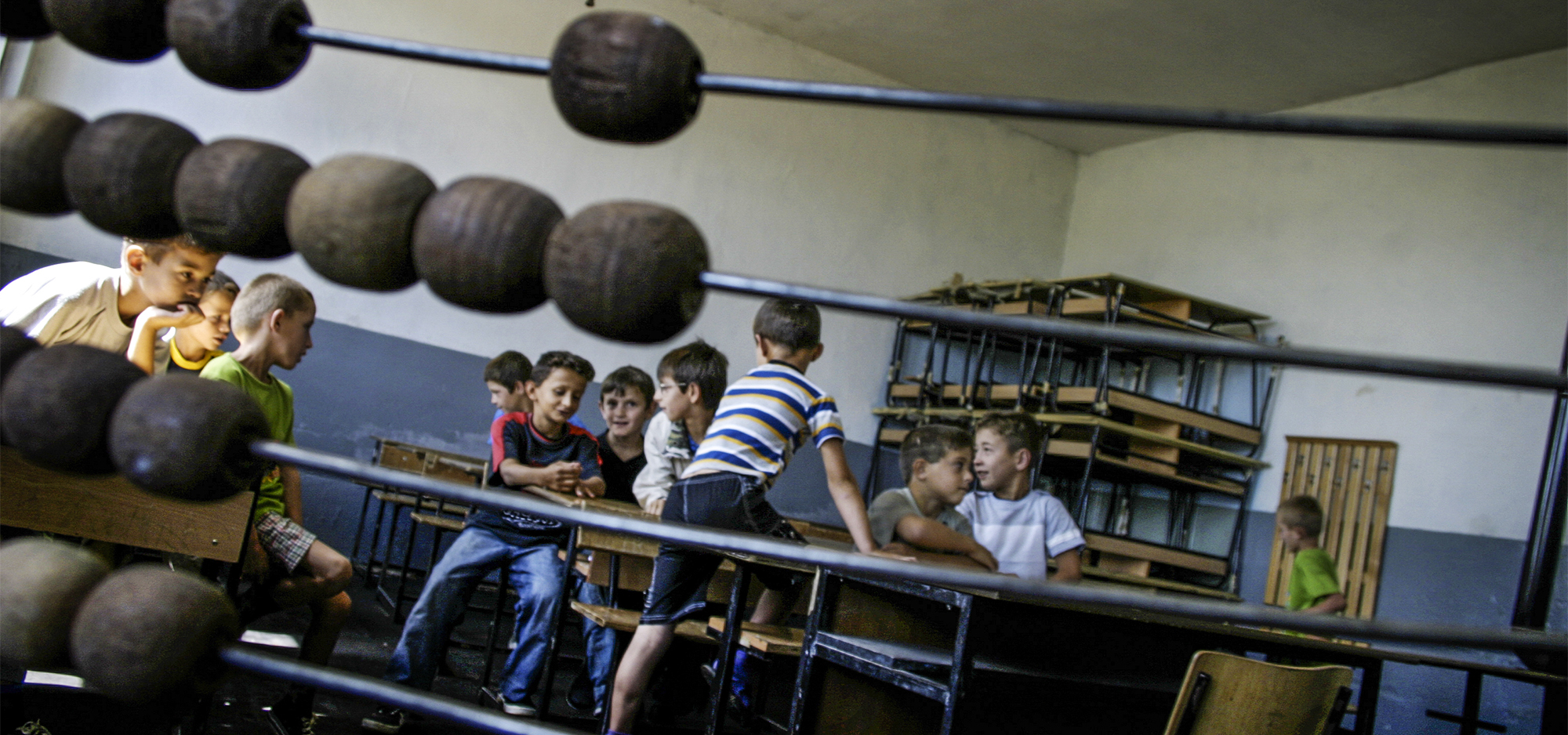
Will Kosovo’s education system flunk its exams again?
Reforms delayed by ‘stagnation’ around implementation.
One of the key issues highlighted in the report is that no concrete actions have been taken by MEST to secure necessary financial means, despite the fact that only 9 million euros were needed to implement the reforms planned for 2017.
“Practical education has turned out to be unimplementable because schools lack sufficient space, laboratories, equipment, as well as mentors to monitor the sessions.”
Agnesa Qerimi, Kosovar Youth Council.
Ngadhnjim Avdyli
Ngadhnjim Avdyli is a former K2.0 staff journalist, covering mainly politics, governance and social justice issues. He has a degree in journalism from the University of Prishtina.
This story was originally written in Albanian.